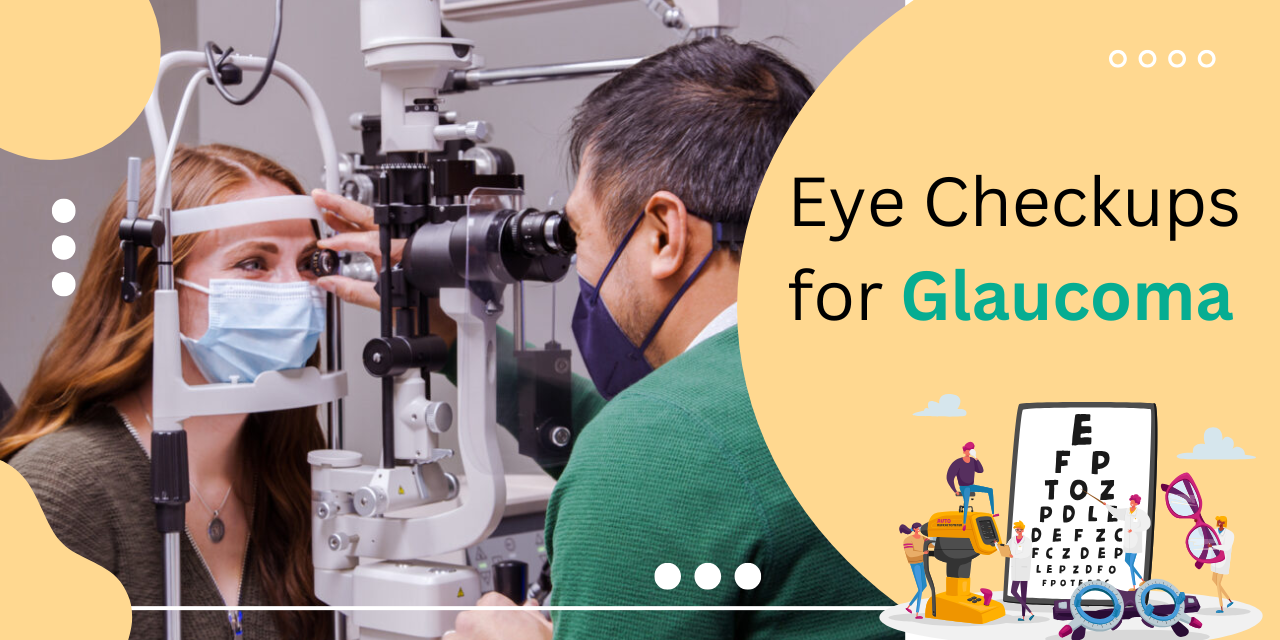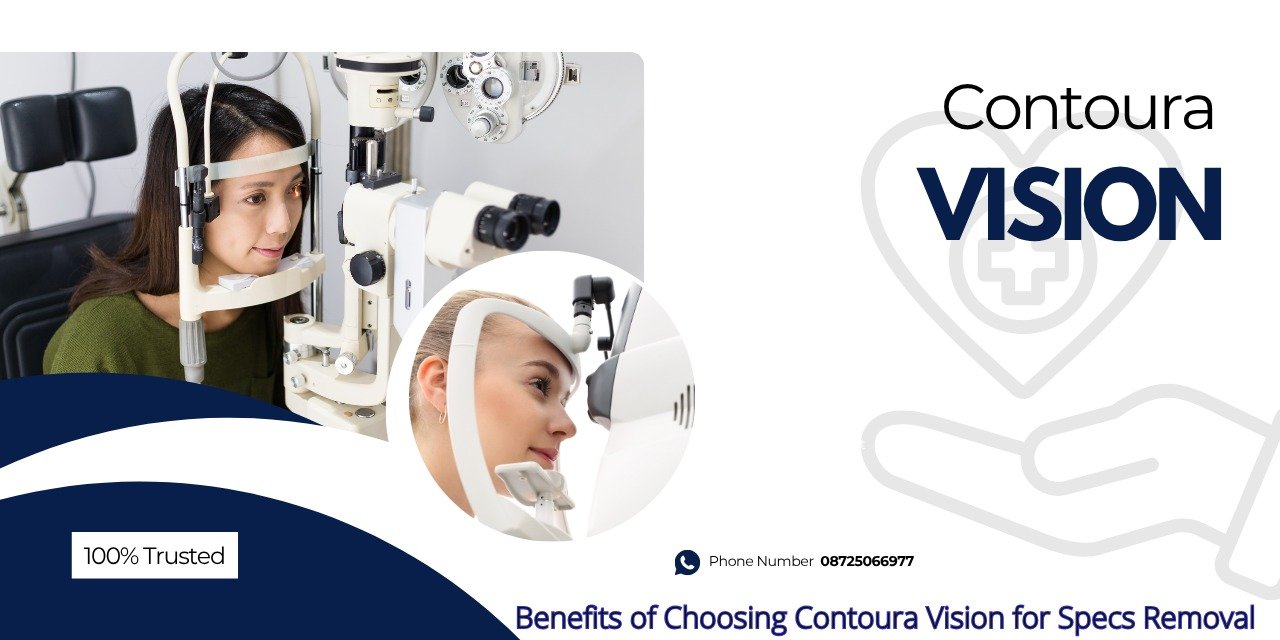Glaucoma is a serious eye condition that can lead to irreversible vision loss if not diagnosed and treated early. It occurs when the pressure inside the eye rises to an abnormal level, damaging the optic nerve, which is crucial for vision. Regular eye exams are vital in detecting glaucoma at its earliest stages, allowing for timely intervention and management. In this article, we will explore the importance of regular eye exams and how they play a crucial role in glaucoma treatment.
Understanding Glaucoma
There are several types of glaucoma, but the most common ones are primary open-angle glaucoma (POAG) and angle-closure glaucoma. POAG often develops gradually and may not present noticeable symptoms until significant vision loss has occurred. In contrast, angle-closure glaucoma can develop suddenly and may cause severe symptoms, including eye pain, headache, nausea, and blurred vision.
Importance of Regular Eye Exams
➽ Early Detection
Regular eye exams are essential for early detection of glaucoma. During an eye exam, an eye care professional will measure intraocular pressure (IOP), assess the optic nerve, and perform visual field tests. These assessments help identify changes in the eye that may indicate the onset of glaucoma. The earlier the condition is diagnosed, the more effective the treatment options will be.
➽ Monitoring Eye Pressure
Eye pressure can fluctuate over time, making it crucial for individuals at risk of glaucoma to have their pressure monitored regularly. Elevated IOP is a significant risk factor for glaucoma. By tracking changes in eye pressure, doctors can determine if further intervention is necessary.
➽ Assessing Risk Factors
Several factors increase the risk of developing glaucoma, including age, family history, ethnicity, and certain medical conditions such as diabetes and hypertension. Regular eye exams allow eye care professionals to evaluate these risk factors and create a personalized monitoring plan for patients, ensuring proactive management of their eye health.
➽ Tailored Treatment Plans
If glaucoma is detected, regular eye exams enable eye care professionals to develop tailored treatment plans based on the patient’s specific condition and needs. Treatment options may include prescription eye drops to lower IOP, oral medications, laser therapy, or surgical interventions. Regular follow-ups allow for adjustments to the treatment plan as needed to ensure optimal management of the disease.
➽ Preventing Vision Loss
The ultimate goal of glaucoma treatment is to prevent vision loss. Regular eye exams provide the opportunity to monitor the effectiveness of treatment and make timely adjustments. Consistent follow-up appointments allow doctors to assess the progression of the disease and make informed decisions to protect the patient’s vision.
Recommendations for Eye Exams
The frequency of eye exams varies based on individual risk factors:
- Adults aged 40-54: Every 2-4 years
- Adults aged 55-64: Every 1-3 years
- Adults aged 65 and older: Every 1-2 years
- High-risk individuals: As recommended by their eye care professional
It is crucial for individuals with a family history of glaucoma or other risk factors to consult with their eye doctor about an appropriate schedule for eye exams.
Conclusion
Regular eye exams are essential for the effective treatment and management of glaucoma. Early detection, continuous monitoring of eye pressure, and personalized treatment plans can significantly reduce the risk of vision loss associated with this disease. If you or a loved one is at risk for glaucoma, schedule an eye exam today.For expert care in glaucoma treatment in Zirakpur, visit Dr. Neha Khanna at Atmos Superspeciality Hospital. They are dedicated to providing comprehensive eye care and ensuring that patients receive the best possible treatment. For appointments or inquiries, please contact us at +918866438664.













